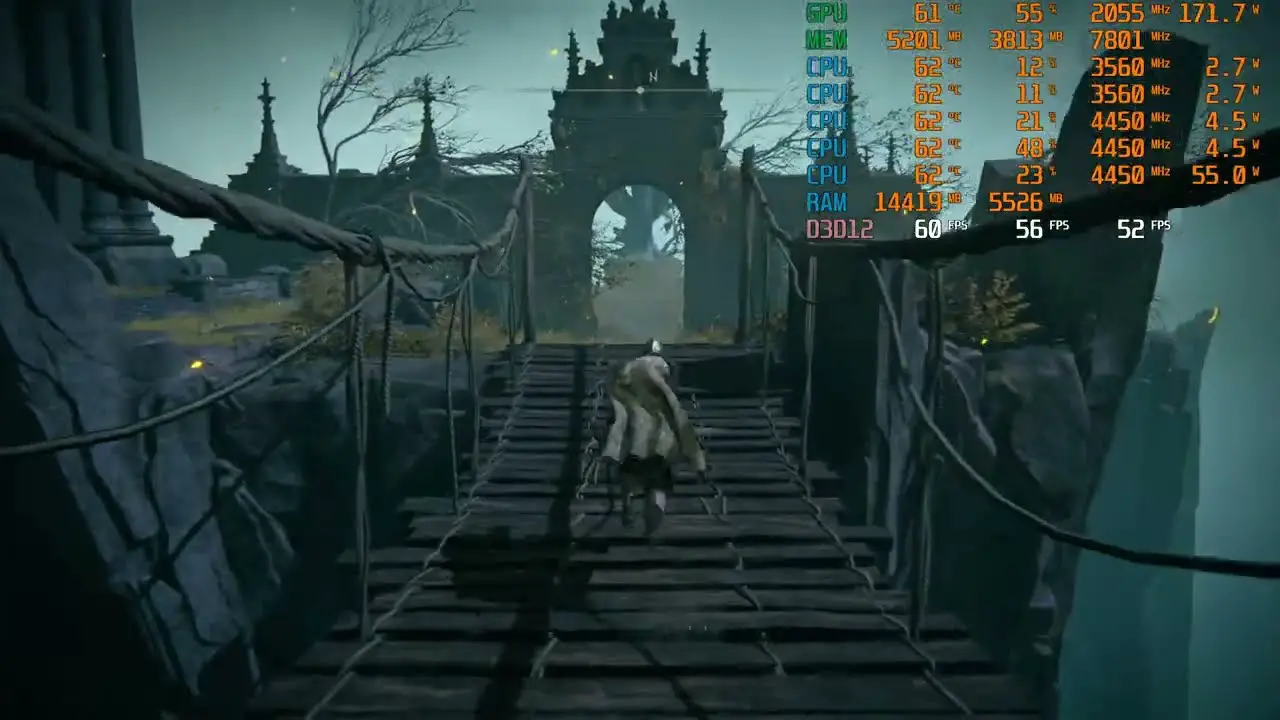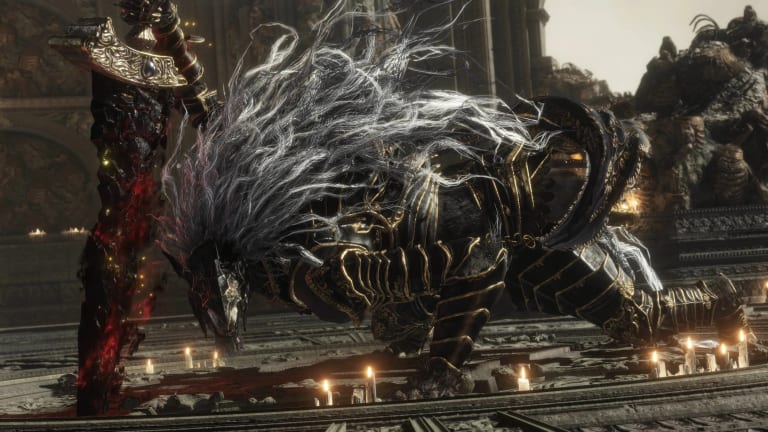Elden Ring, the highly anticipated action role-playing game developed by FromSoftware and published by Bandai Namco Entertainment, has been making waves in the gaming community since its announcement at E3 2019. With a release date set for January 2022, fans of the Souls series and open-world games are eagerly awaiting its arrival.
However, as with any new game release, there are many questions surrounding its performance on different systems. One of the most asked questions is whether Elden Ring will be CPU or GPU intensive.
In this article, we will explore the answer to this question and how it may affect gameplay experience.
Contents
Understanding CPU and GPU Intensive Games

Before we dive into whether Elden Ring is CPU or GPU intensive, let’s first understand what these terms mean. A CPU (Central Processing Unit) is responsible for executing instructions and performing calculations, while a GPU (Graphics Processing Unit) is responsible for rendering images and graphics. In short, the CPU is the brain of the computer, while the GPU is the muscle.
When it comes to gaming, some games rely more heavily on the CPU, while others require a powerful GPU. This is known as CPU or GPU intensity. CPU-intensive games place a higher demand on the processor, requiring a fast and efficient CPU to run smoothly. On the other hand, GPU-intensive games require a powerful graphics card to render high-quality visuals and maintain a high frame rate.
Elden Ring: An Overview

Elden Ring is an open-world action RPG set in a fantasy world created by Hidetaka Miyazaki, the director of the popular Souls series. The game promises to incorporate elements from previous FromSoftware titles, while also introducing new features such as horseback combat and a dynamic weather system. With the game being open-world and featuring stunning visuals, many players are wondering whether it will be more CPU or GPU intensive.
Game Requirements
To answer this question, let’s first take a look at the game’s minimum and recommended system requirements. According to Bandai Namco Entertainment, the minimum requirements for Elden Ring include an Intel Core i5-2500K or AMD Ryzen 5 1600X CPU and an NVIDIA GeForce GTX 970 or AMD Radeon RX 480 GPU. The recommended requirements call for an Intel Core i7-4770K or AMD Ryzen 5 2600 CPU and an NVIDIA GeForce GTX 1070 or AMD Radeon RX Vega 56 GPU. From these specifications, it is clear that both the CPU and GPU play a significant role in running Elden Ring smoothly.
Early Gameplay Footage
While we don’t have access to the final version of the game yet, early gameplay footage from various demos and trailers can give us some insight into the game’s performance. From the available footage, it is evident that Elden Ring features vast and detailed environments, stunning lighting effects, and intricate character models. These elements require both a powerful CPU and GPU to run at their full potential, indicating that the game may be both CPU and GPU intensive.
Comparison with Previous Titles
Another way to gauge whether Elden Ring will be CPU or GPU intensive is to compare it with previous FromSoftware titles. Games like Dark Souls III and Sekiro: Shadows Die Twice are known to be more CPU-intensive, while Bloodborne and Dark Souls II are more GPU-intensive. However, it’s worth noting that Elden Ring is an open-world game, which requires a balance between CPU and GPU usage to ensure smooth gameplay. Therefore, it is safe to assume that Elden Ring will be equally demanding on both the CPU and GPU.
How to Prepare for Elden Ring

Now that we know Elden Ring will likely be both CPU and GPU intensive, what can players do to ensure their systems are ready for its release? Here are some tips:
Upgrade Your Hardware
If you’re planning on playing Elden Ring on PC, it may be time to upgrade your hardware. As mentioned earlier, the game’s minimum and recommended requirements call for a powerful CPU and GPU. If your current system falls below these specifications, consider upgrading to ensure a smooth gaming experience.
Optimize Your Settings
In case you’re unable to upgrade your hardware, optimizing your game settings can help improve performance. Lowering graphics settings and disabling non-essential features can reduce the strain on both your CPU and GPU, resulting in smoother gameplay.
Monitor Your System
Lastly, always keep an eye on your system’s performance while playing Elden Ring. Use tools like MSI Afterburner or Task Manager to track CPU and GPU usage, temperature, and clock speeds. This information can help identify any potential bottlenecks and allow you to adjust your settings accordingly.

Information Security Asia is the go-to website for the latest cybersecurity and tech news in various sectors. Our expert writers provide insights and analysis that you can trust, so you can stay ahead of the curve and protect your business. Whether you are a small business, an enterprise or even a government agency, we have the latest updates and advice for all aspects of cybersecurity.

